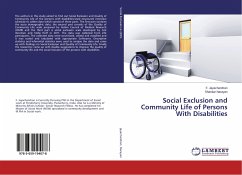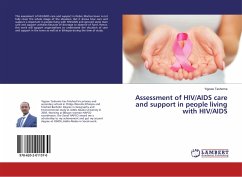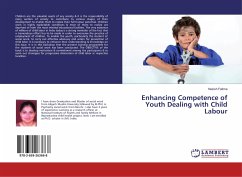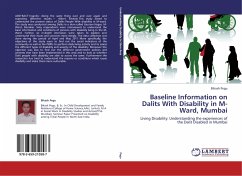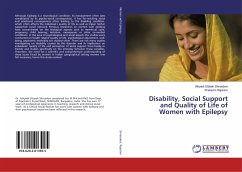Social media is revolutionizing how we think and communicate. For educators, the pressing question is centered not so much around if technology should be used in the classroom or when it should be used, but what type should be used in the classroom. My purpose for this study was to discover how Twitter might be used pedagogically to assist students in communication, collaboration, and participation within an ecology of practice which views New Media through the lens of the classical canons of rhetoric. Using a qualitative approach, data was gathered from personal interviews, academic Twitter feeds, course websites, instructors blogs, and published scholarly research. Because it is an easily accessible, free service that provides an alternative to Facebook and host to a number of free applications and tools, Twitter has been suitably used for pedagogical and rhetorical purposes within the university classroom.
Hinweis: Dieser Artikel kann nur an eine deutsche Lieferadresse ausgeliefert werden.
Hinweis: Dieser Artikel kann nur an eine deutsche Lieferadresse ausgeliefert werden.


